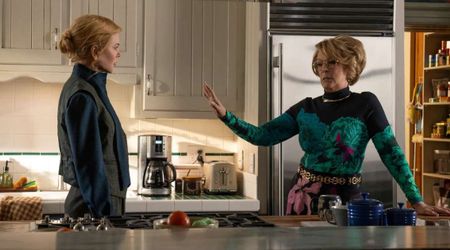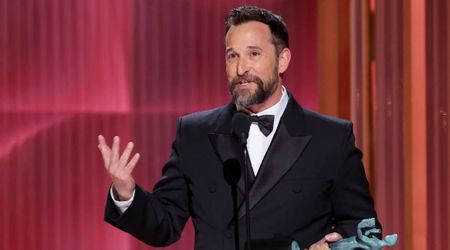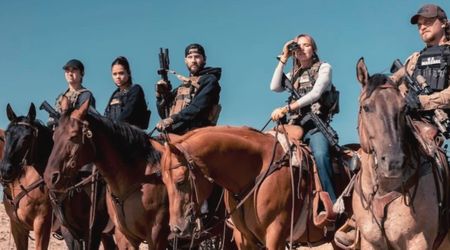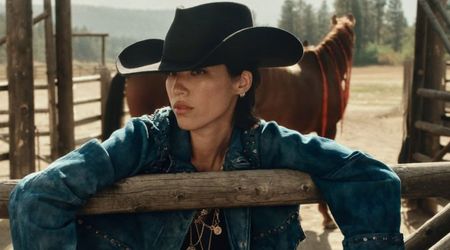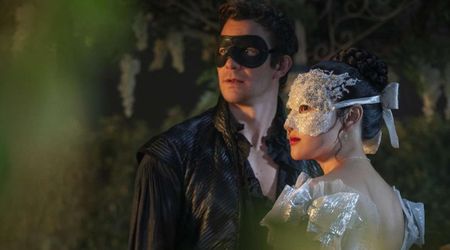Margaret Atwood says 'The Handmaid's Tale' is no longer her own, has taken a 'life of its own'

Women wearing the deep red cloaks and the white bonnets from the 1985 dystopian novel 'The Handmaid's Tale' by Margaret Atwood have become a common sight these days.
The costume from the book (and the show) was donned by women from Argentina, US, the UK and Ireland to protest the requisitioning of women's bodies by the state.
'The Handmaid's Tale' dressed pro-choice protesters in 2018 during Ireland's successful referendum to revoke the eighth amendment of its constitution — by inserting a subsection recognizing the equal right to life of the pregnant woman and the unborn.
The costume was also worn by abortion rights campaigners in Buenos Aires. In London, protestors sported the red-and-white suit to protest US President Donald Trump's administration and his policies during his visit.
Atwood's 'The Handmaid's Tale' is set in a toxic world where the US ceases to exist as a democracy after being taken over by a totalitarian theocracy.
The Republic of Gilead has enforced a system of gender-based violence and enslaved the few women who are capable of bearing children to serve as 'handmaidens' to the ruling class.
Lesbians and gender traitors are hanged to their deaths, citizens are tracked and spied upon, women are no longer allowed to read and children are literally snatched from the arms of their birth mothers.
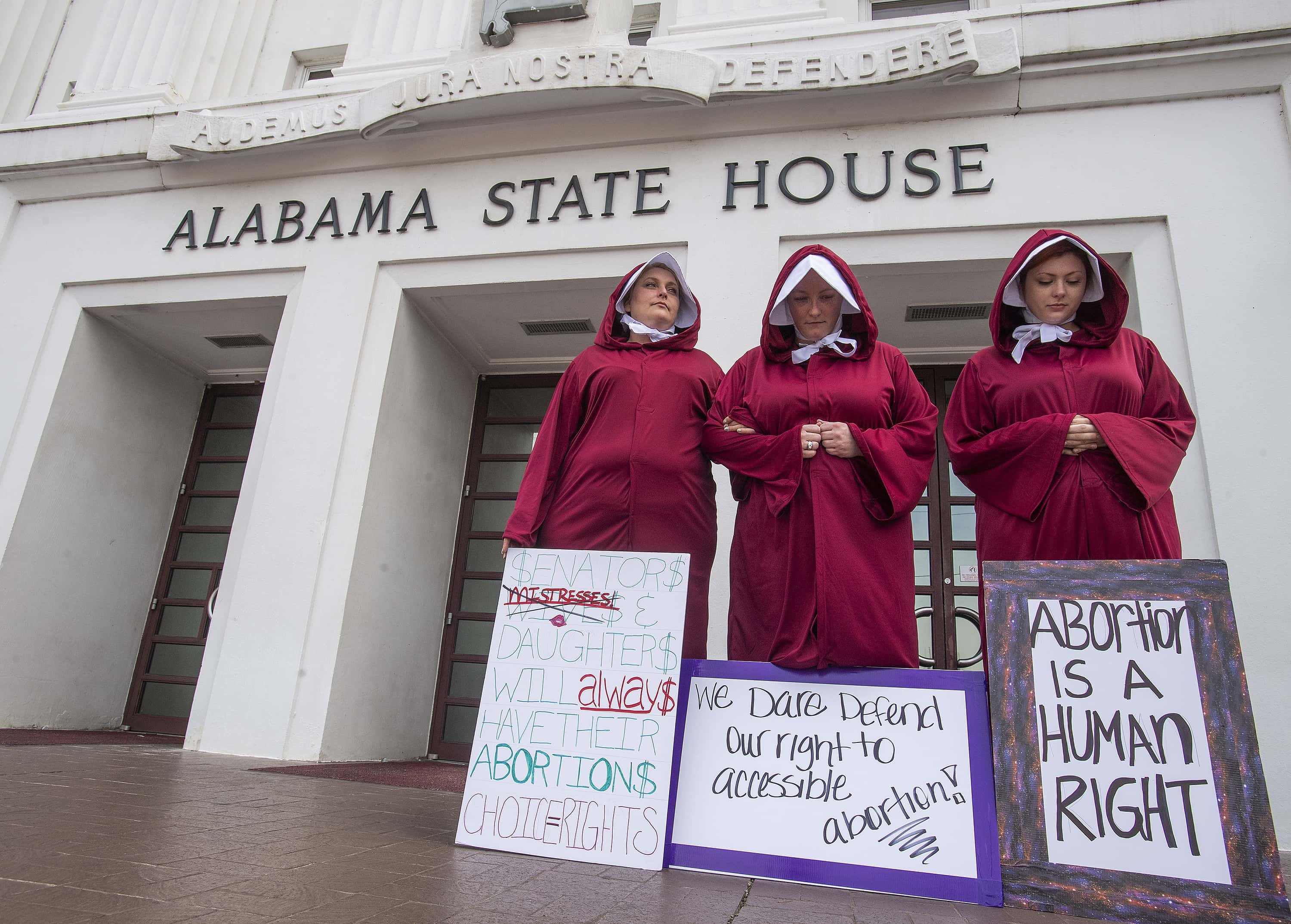
It isn't surprising that the costume has become synonymous with the plethora of issues troubling women — mainly oppression.
Atwood says the book no longer belongs to her. It belongs to womanhood, the author says.
"It's been an example of a work escaping from its name — its box — and coming alive through the imaginations of its readers. I can't even say that it is "my" 'Handmaid's Tale'. It seems to have taken a life of its own that is not under the control of its first creator (me) and its other creators (the makers of the show)," the author says in the book 'The Art and Making of The Handmaid's Tale'.
The show also mirrors the effects of the latest abortion ban in Alabama that takes away a women's agency over their own body.
Nothing that happens in the story hasn't happened at some point in history.
It was also one of the basic premises of the show—nothing goes on the show that "does not have a precedent in history or elsewhere on the planet", Atwood says in the book that gives an inside look at the making of the show.
While the latest season of the Hulu original will finally give us the rebellion we have been waiting for, Atwood says the dynamic that is the female struggle could only be encapsulated by a writing team that is female.
"I haven't been inside the room when some of what I imagine to be the more gender-laden conversations have been taking place. Let's say the writers do understand the nuances of day-to-day intra-female power struggles, and the importance of who speaks and who does not speak to women, and who smiles or does not smile at whom, and who helps or hinders whom, and why. And who has power to do what—even though it may not be official power. An all-male writing room would probably not have grasped those things," she said.
Atwood's story is eerily frightening for women all across the globe and it paints a truthful picture of the reality that we are living in.

